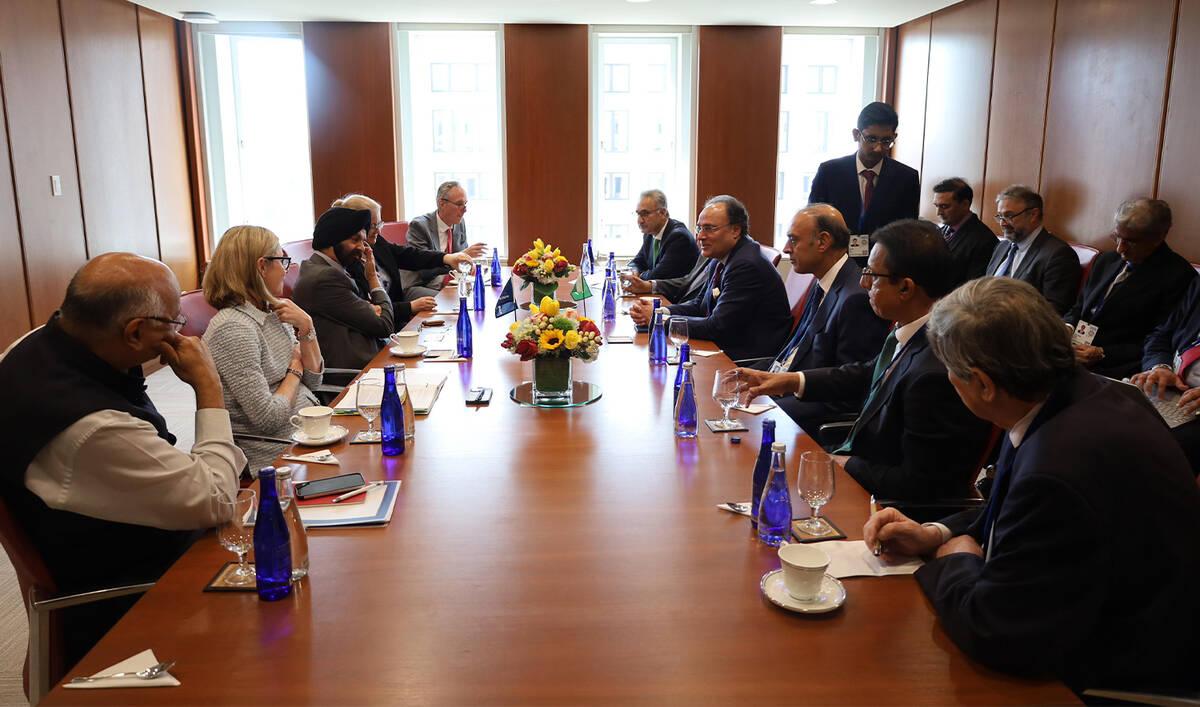KARACHI: A Pakistani court on Friday decided to send an underaged girl from Karachi to live with her family after she said that she wanted to reside with her parents following months of legal battle in the wake of her marriage.
Dua Zehra Kazmi, who found herself at the center of an elopement or kidnapping drama after her disappearance from her residence last year, previously announced she had left her home and married a young man in Punjab province out of her own choice.
She also denied being underaged and accused her parents for being unkind to her in a video statement released after she went missing.
Kazmi was sent to a shelter home by a Karachi court after she was brought back to her hometown from Punjab, where she had been living with her husband Zaheer Ahmed, by the Sindh Police. A medical examiner established she was aged between 16 and 17 after conducting some tests.
“After 7 month long battle today victim child [Dua Zehra Kazmi] is finally going home,” Jibran Nasir, a lawyer and human rights activist whose firm decided to represent the girl’s parents pro bono, said in a Twitter post. “She unequivocally informed [Honorable] High Court that she wants to reside with parents.”
“There are many lessons to be learnt from this case & reforms are needed to curb child marriages,” he continued.
According to the local media, a Sindh High Court judge asked Kazmi’s parents to submit a security bond of Rs1 million and said the issue of the girl's permanent custody would be determined by a trial court.
The ruling also instructed a child protection officer, along with female police, to regularly visit the girl and report on her wellbeing.
Pakistan outlawed child marriage and toughened penalties for those guilty of the crime in 2017 while making an effort to crack down on the practice which is estimated to affect one in five girls in the country.
The legislation passed by the National Assembly, or lower house of parliament, also banned forced marriages involving women from minority groups.
Under the law, offenders face a minimum of five years in prison and may serve up to 10 years. They also face a fine of up to one million rupees. Before the change in law, offenders faced a minimum of three years in prison and a fine of Rs500,000.
According to the UN children’s agency UNICEF, around 21 percent of girls in Pakistan are married before the age of 18.
Local advocacy group, the Society for the Protection of the Rights of the Child (SPARC), estimates that almost 58 percent of girls are child brides in rural areas.




















